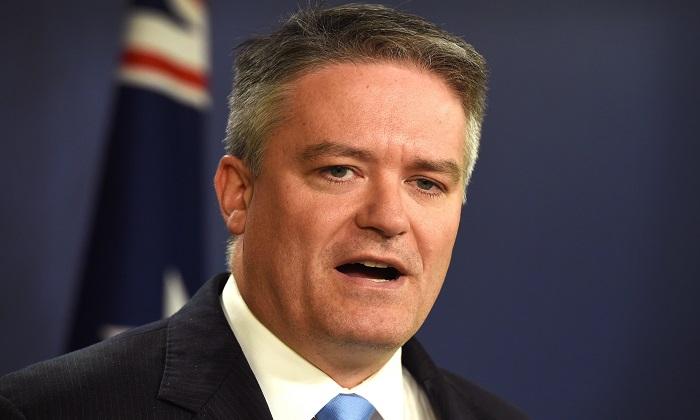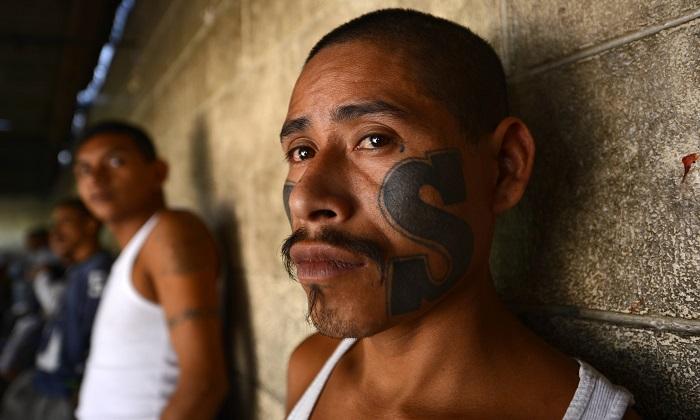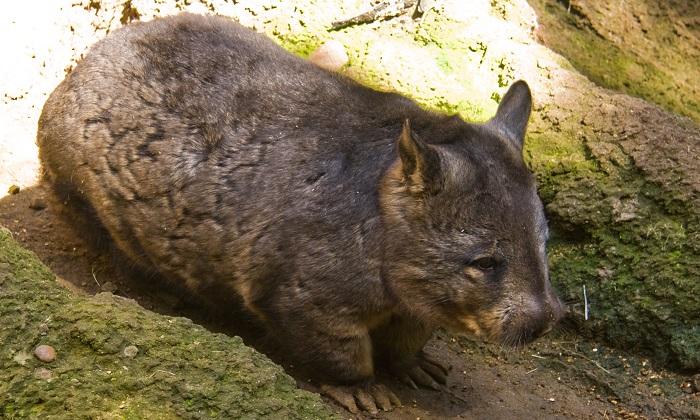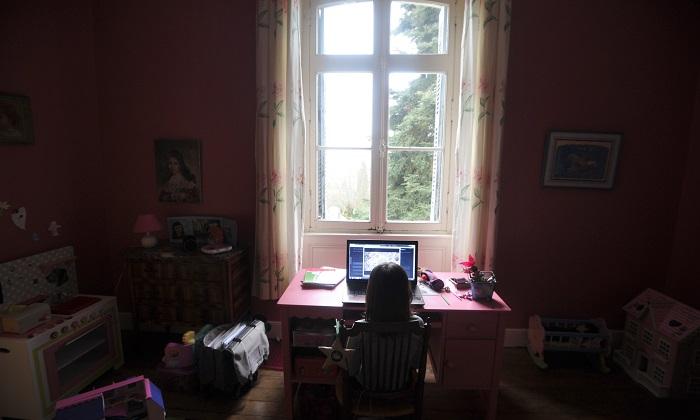Australian Finance Minister Mathias Cormann has denied any wrong doing in receiving donations from the same wealthy Chinese businessman linked to opposition senator Sam Dastyari who resigned on Tuesday over his links to Beijing.
Disclosure documents discovered by the Australian Broadcast Corporation (ABC) reveal that Mathias Cormann received a AU$20,000 (US$15,330) donation from property developer Huang Xiangmo who reportedly has links to China’s ruling Communist Party.




